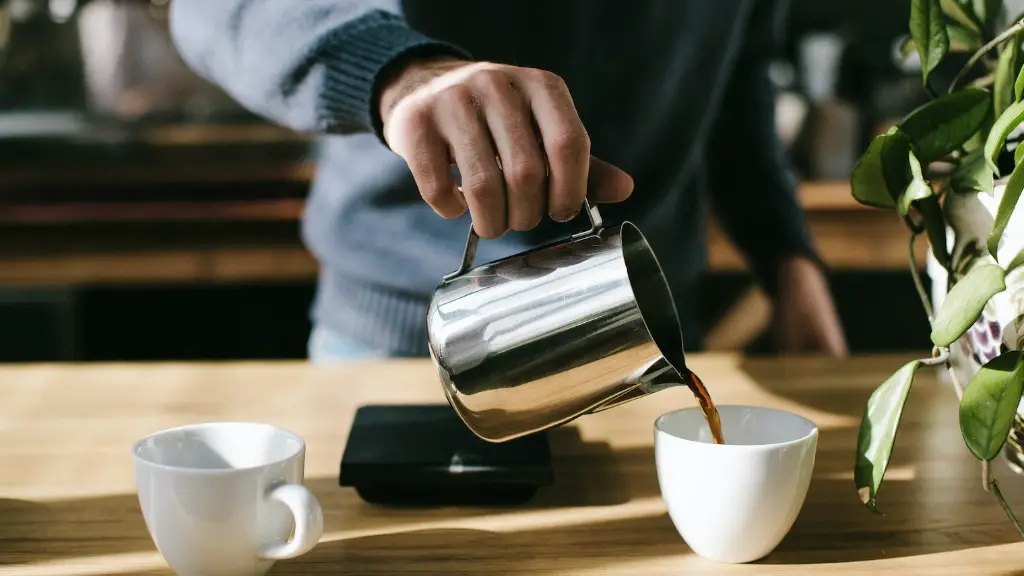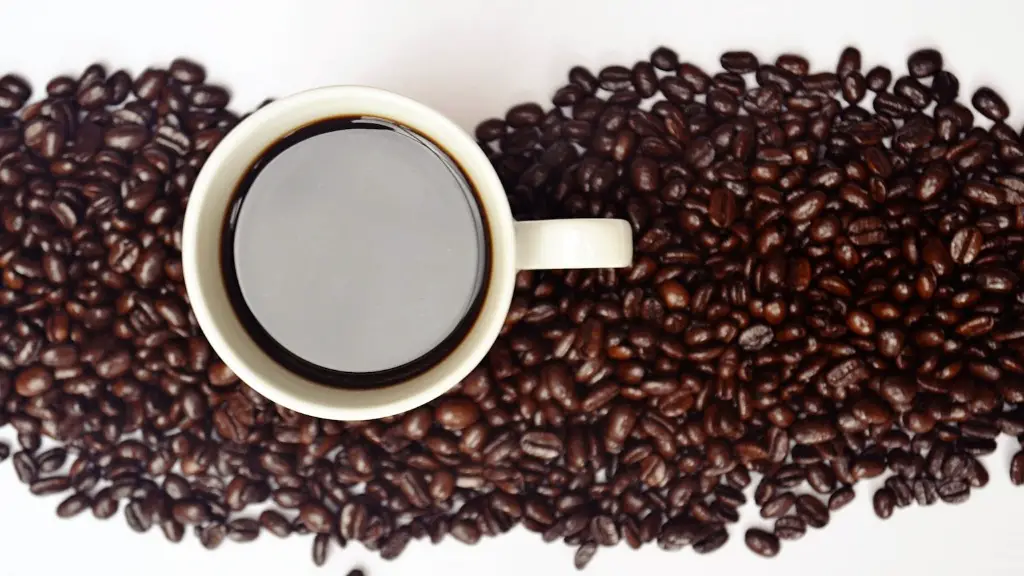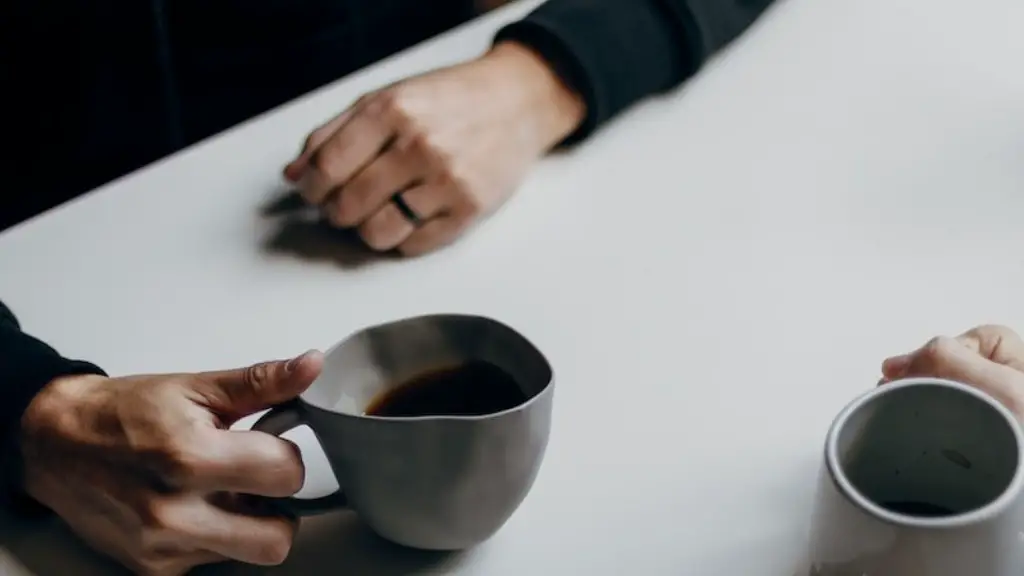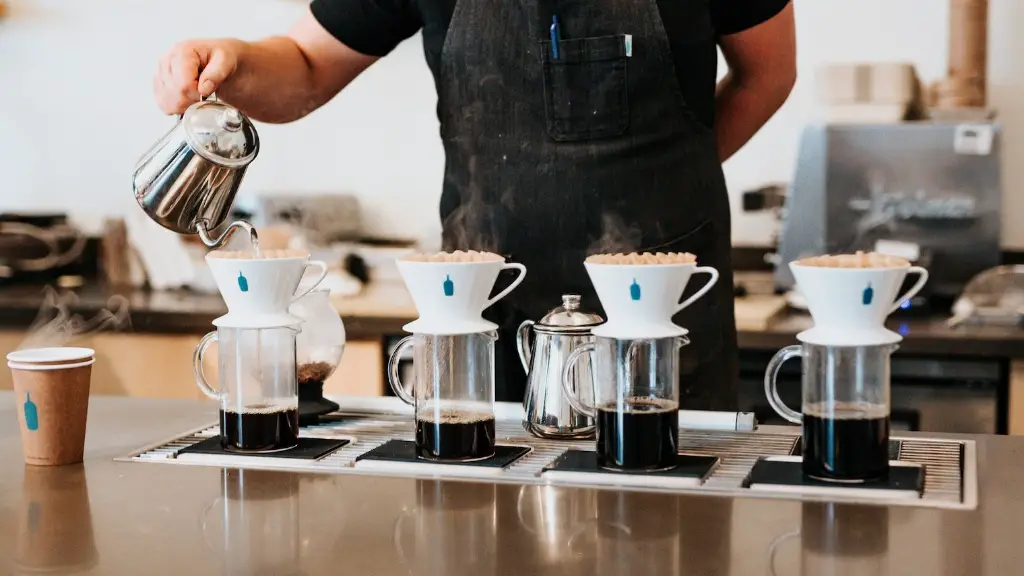Coffee With Colds
When a cold sets in, it can be quite disorienting. Some of us rely on popular remedies like drinking hot toddies or caffeine-filled beverages. But should you really drink coffee when you have a cold?
Coffee, as a hot drink, is a popular option for cold sufferers. Caffeine can make people feel more alert and awake, even when sick. But there isn’t conclusive evidence to suggest that coffee should be a go-to solution when it comes to colds.
Most of the time, when a common cold sets in, it’s best to take time and rest. Drinking coffee in this situation isn’t necessarily harmful, but there isn’t a lot of evidence to suggest it helps or protects against the cold. Even if it makes you feel better temporarily, it’s also important to consider other potential side effects of drinking coffee when sick.
Because coffee is a caffeinated beverage, it can act as a diuretic. This means it can make you lose or pass more liquid than you take in. When you’re already suffering from the cold, and dehydration is a concern, drinking coffee can contribute to the dehydration.
Another thing to consider is that coffee can be an irritant. This can be a problem when you already have a sore throat or cough. Caffeine is known to contribute to dehydration, which can further aggravate a sore throat. Further, for people who are already suffering from dehydration, coffee may not be the best remedy as it will make them even more dehydrated.
When cold sufferers have congestion, consuming caffeine can worsen this. Some research has suggested that caffeine can cause fluid in the ears to become irritated and can aggravate congestion. This irritation can potentially lead to more coughing and sneezing.
However, one study suggests that coffee can help to relieve certain symptoms of the common cold. This is because coffee contains some natural compounds that may boost your immune system. While drinking coffee when you have a cold won’t cure your cold or make it go away, it could potentially help to reduce the severity of some of the symptoms.
Ultimately, deciding whether or not to drink coffee when you have a cold is up to you. It’s best to get advice from a healthcare provider if you’re unsure. Taking a balanced approach, such as drinking coffee in moderation, is key when it comes to making sure it isn’t hindering more than helping.
Coffee and Conditions
The effects that drinking coffee when you have a cold can vary in intensity depending on the condition of the cold or flu. For example, a light cold that is mostly accompanied by a stuffy nose, headache, or chills could potentially benefit from the ingestion of coffee. Caffeine could help to reduce these symptoms because it reduces inflammation and can help clear out mucus.
However, if the cold becomes more severe and is accompanied by coughing, fever, or vomiting, coffee may not be the best option. Caffeine is a stimulant and does not promote rest when the body is in need of it. It could also lead to increased heart rate and potentially induce a panic reaction. Generally, it’s best to take energy drinks and coffee in moderation when you’re feeling under the weather.
Coffee Alternatives
If you’re considering drinking something more calming than coffee for a cold, there are many alternatives to choose from. If you’re looking for something hot, consider herbal tea. Some options like peppermint, chamomile, or ginger can help to reduce congestion and soothe a sore throat. There are also some cold medicines that come in liquid form.
Alternatively, you could opt for a warm bowl of oatmeal or soup. Oatmeal can help reduce inflammation, while soup can help to keep you hydrated and also has a soothing effect on the throat. Water is also a great option to make sure you are hydrated, especially if you are experiencing chills and fevers.
Coffee Consumption
If you decide to continue to consume coffee when you have a cold, it’s essential to do so carefully. When we are sick, our bodies are trying to fight off an illness, and we need to make sure not to add an additional burden to our systems. Pay attention to your body, and if it starts to feel uncomfortable, discontinue drinking coffee.
It’s also important to make sure not to overconsume caffeine when you’re sick. This also applies when you’re healthy. The Mayo Clinic recommends that adults should only consume 400 milligrams of caffeine per day. That is equal to about four cups of coffee. Anything consumed beyond this limit could cause upset stomachs, headaches, or other negative effects.
Coffee Warnings
If you already suffer from chronic diseases, it is especially important to keep an eye on your caffeine intake. Caffeine can increase your heart rate and raise your blood pressure, both of which can exacerbate existing health conditions. It can also disrupt your sleep, especially if consumed later in the day.
Caffeine can also interfere with the absorption of medications, including antibiotics. If you’re on a course of antibiotics it’s important not to drink coffee as this could reduce the efficacy of the antibiotic.
Finally, pregnant women should be especially careful with their caffeine intake. One 12-ounce cup of coffee per day should be the absolute maximum for pregnant women, as more than this could harm the baby.
Final Thoughts
Drinking coffee when you have a cold has both its pros and cons, but it ultimately comes down to personal preference. Moderation is key when it comes to drinking coffee, especially when sick. It can be beneficial in some instances, but it could also worsen your condition. To ensure you enjoy a healthy cup of coffee and avoid any potential pitfalls, it’s best to get advice from a healthcare provider or nutritionist.




